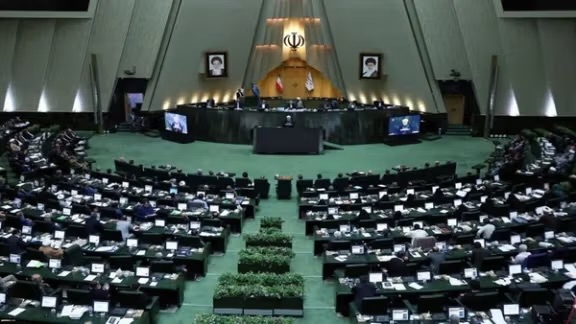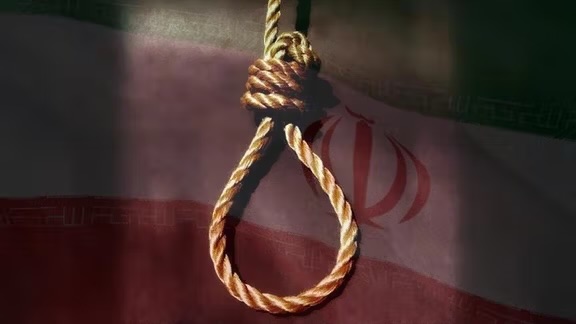
In a major escalation of internal repression, Iran’s parliament has passed a sweeping new law that imposes the death penalty for any cooperation with Israel, the United States, or what the regime calls “hostile groups.” The legislation also criminalizes the use of uncensored internet tools like Starlink, raising serious alarm among human rights defenders and minority activists—including peaceful Ahwazi Arabs.
The law defines any political, intelligence, or technological collaboration with Israel, the U.S., or affiliated groups as “corruption on earth”—a charge that carries the death sentence under Iran’s penal code. “Any operational activity or assistance to these entities, even indirectly, will be considered a capital offense,” the text states. This includes actions in the military, economic, financial, and cyber domains—even if not violent in nature.
For Ahwazi Arab activists, many of whom advocate peacefully for cultural rights, environmental justice, and basic freedoms, this law could prove devastating. Peaceful activism, communication with international organizations, or even sharing reports with media outlets abroad could now be framed as “espionage” or “propaganda” under the new law.
Article 3 of the legislation goes further, prescribing the death penalty for activities like manufacturing or using drones that could “harm infrastructure,” as well as cyberattacks or communication disruptions. Even peaceful use of satellite-based internet tools like Starlink now carries a prison sentence of six months to two years, with up to 10 years if more than ten devices are imported “with intent to oppose the Islamic Republic.”
Additionally, political, cultural, or media activities that “cause public fear, division, or harm national security” are punishable by 10 to 15 years in prison. This vague language could easily be applied to Ahwazi protests, online advocacy, or cooperation with international human rights bodies.
Disturbingly, the law is retroactive—meaning that individuals could be prosecuted and sentenced for actions that took place before the law was passed. Legal experts argue this violates Iran’s own constitution and penal code, which prohibit retroactive punishments.
This legislation represents a dangerous expansion of Iran’s authoritarian tools, likely to be used disproportionately against marginalized communities such as the Ahwazis. Human rights groups warn it could lead to a wave of arrests, harsh sentences, and even executions targeting those who have peacefully advocated for justice and dignity.


